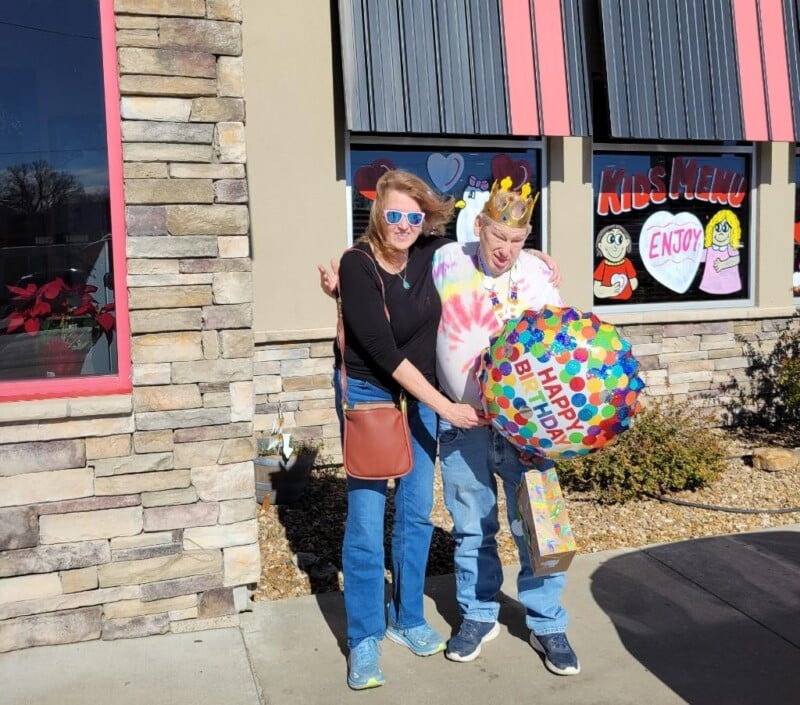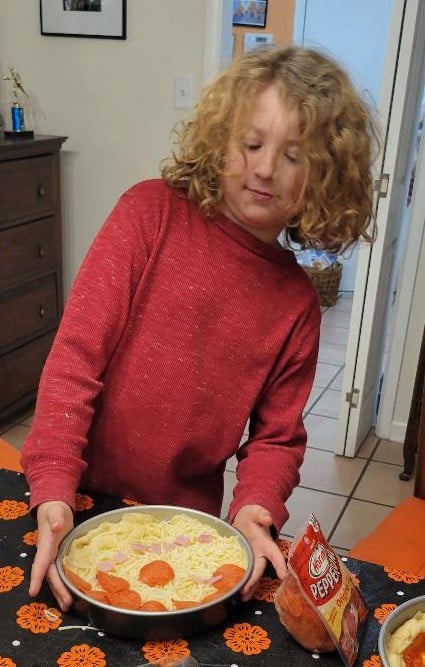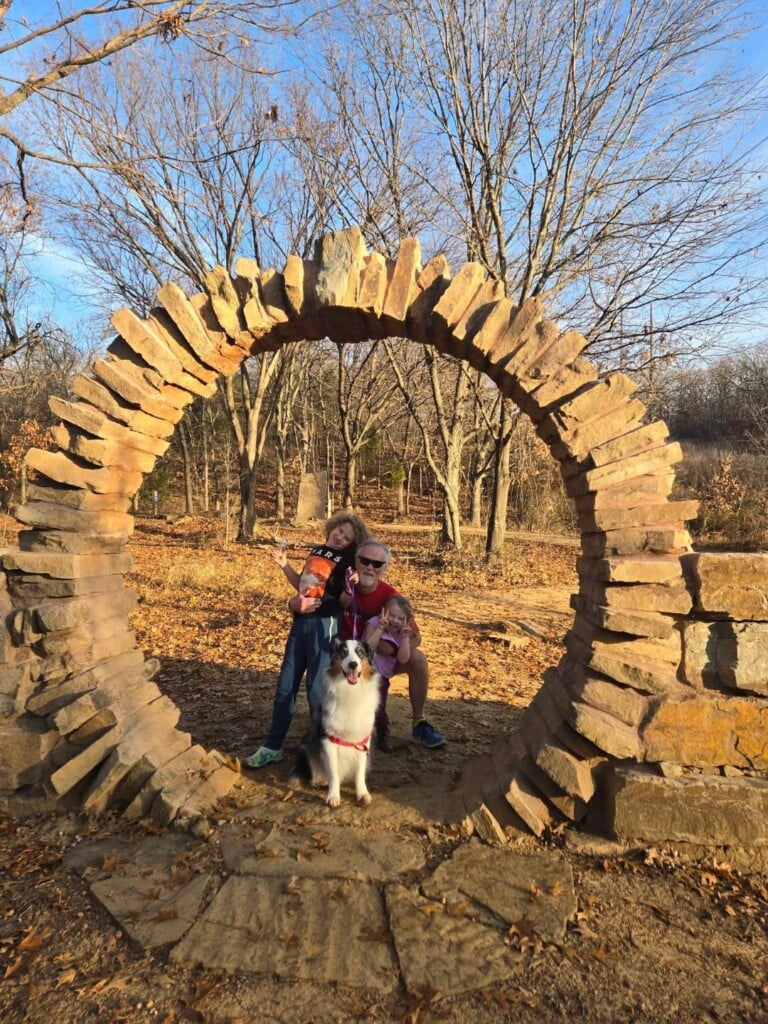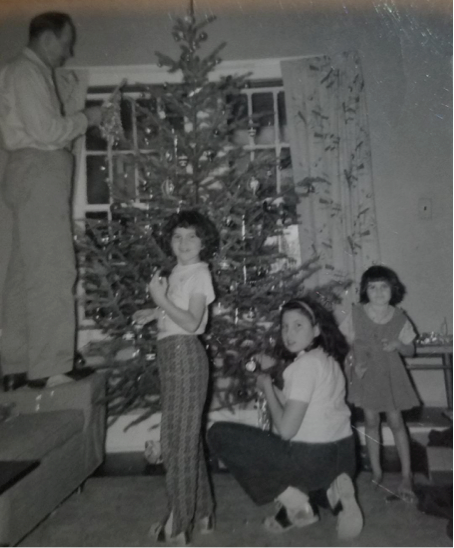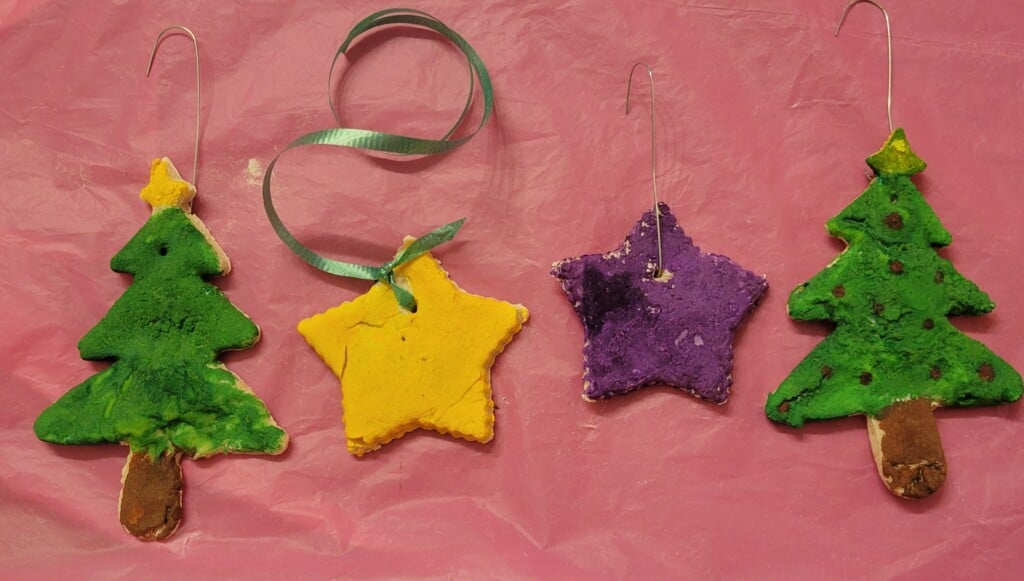Everyone Needs a Big Brother
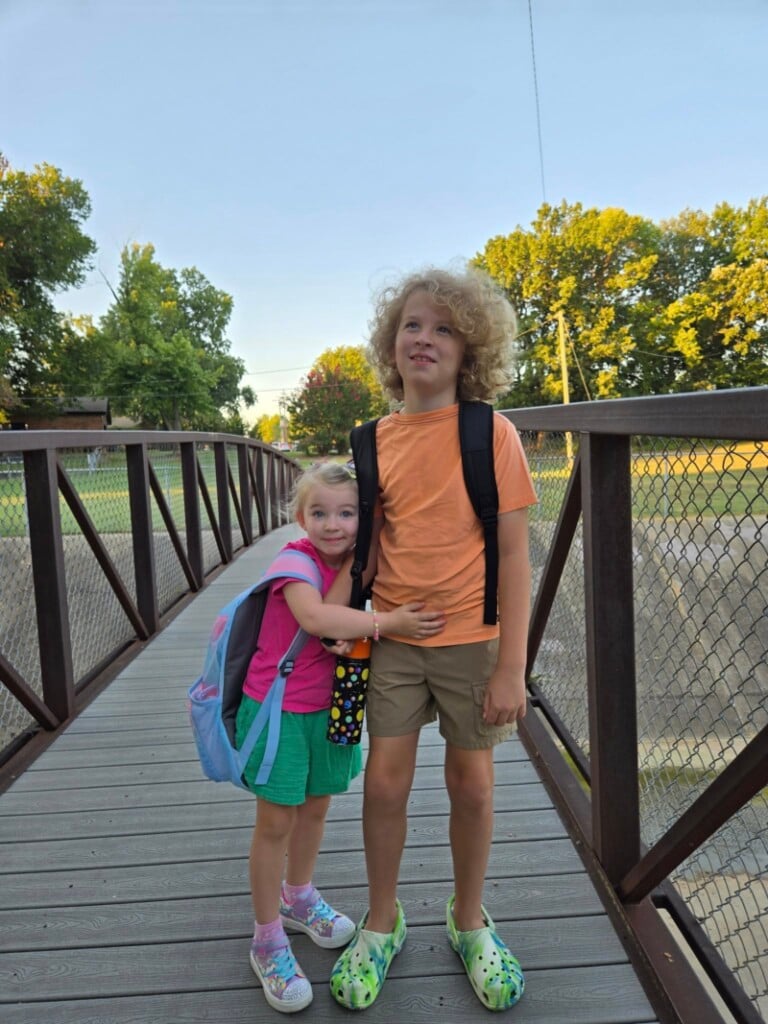
When I was young, I wished I had a big brother. I imagined a nice big brother who would always protect me and treat me with love and respect. My imaginary brother would include me in outings with his friends and indulge me by playing games and having tea parties with me. He would never tease me or pick on me. Obviously, this perfect brother was a figment of my imagination. Although I envisioned a saintly, perfect brother, what is the realistic expectation of a big brother?
Role Model
Big brothers and big sisters usually serve as role models for their younger siblings. They show the way by example. Younger siblings often watch what their older siblings do, and they learn from them. Most often, they learn what to do, but in some cases, they learn what NOT to do! Younger siblings often idolize their older brothers and sisters and strive to follow their paths. Like the trailblazer in a jungle exploration who uses their machete to forge a path through the thick trees and brush, older siblings are the leaders.
Protector
This is the role most of us think about when we envision an older brother. Life can be hard, and bullies can be brutal. In a perfect world, an older brother is around to protect their younger brothers and sisters. When my grandson isn’t busy pestering his little sister, he’s her biggest protector. We were recently at a big gathering to celebrate the beginning of the school year. There were numerous large inflatable water slides, and hordes of kids excitedly climbed to the top and slid down over and over. Four-year-old Sylvia was having a great time until an older boy pushed her aside to get ahead of her. When she told her eight-year-old brother, he immediately jumped into action, going to track down the perpetrator for a stern talk.
Companion
Big brothers provide companionship. They tease and pester, but they’re also a friend. With your siblings, there is a connection that doesn’t exist with anyone else. Siblings are almost always the first best friends a child has in life. You share the family experiences, both good and bad. You don’t have to explain your background because chances are pretty good that they were there for it. Long after your parents are gone, your siblings remain. One of the greatest hopes of most parents is that their children will remain closely connected forever.
Real World Preparation
I’ve often wondered if women who had big brothers adapt to living with a man more easily. Having big brothers might normalize burps, farts, and crude jokes. Or maybe I’m stereotyping boys? I’m sure there are boys who are more sophisticated and well-mannered, but that’s not applicable in our family. Sylvia is tougher than most girls because she is used to roughhousing with her brother and his friends. She can fight right back, verbally or physically. She’s sweet most of the time, but she’s tough when she needs to be. At the age of four, Sylvia already possesses next-level negotiation skills! All siblings provide a certain amount of real-world preparation. Unless you’re an only child, you have to share and take turns every single day of your childhood. You learn quickly that the world doesn’t revolve around you, and that’s good preparation for the real world.
I love seeing what a great big brother my grandson Cal is to his little sister Sylvia. I’m not saying their relationship is perfect and conflict-free. That would be unrealistic to expect. They do their share of bickering and need a break from each other occasionally. This year, Sylvia has started K-4 at her brother’s school, and he takes great pride in walking her to her class every morning. He also likes to pick her up and carry her to their parents’ car in the after-school pickup line. We’re not sure why, but as you can tell by the smile on Sylvia’s face, she seems to love the big brother attention. Watching my grandchildren’s beautiful sibling bond has me once again wishing I’d had a big brother. I’m pretty sure everyone needs a big brother!


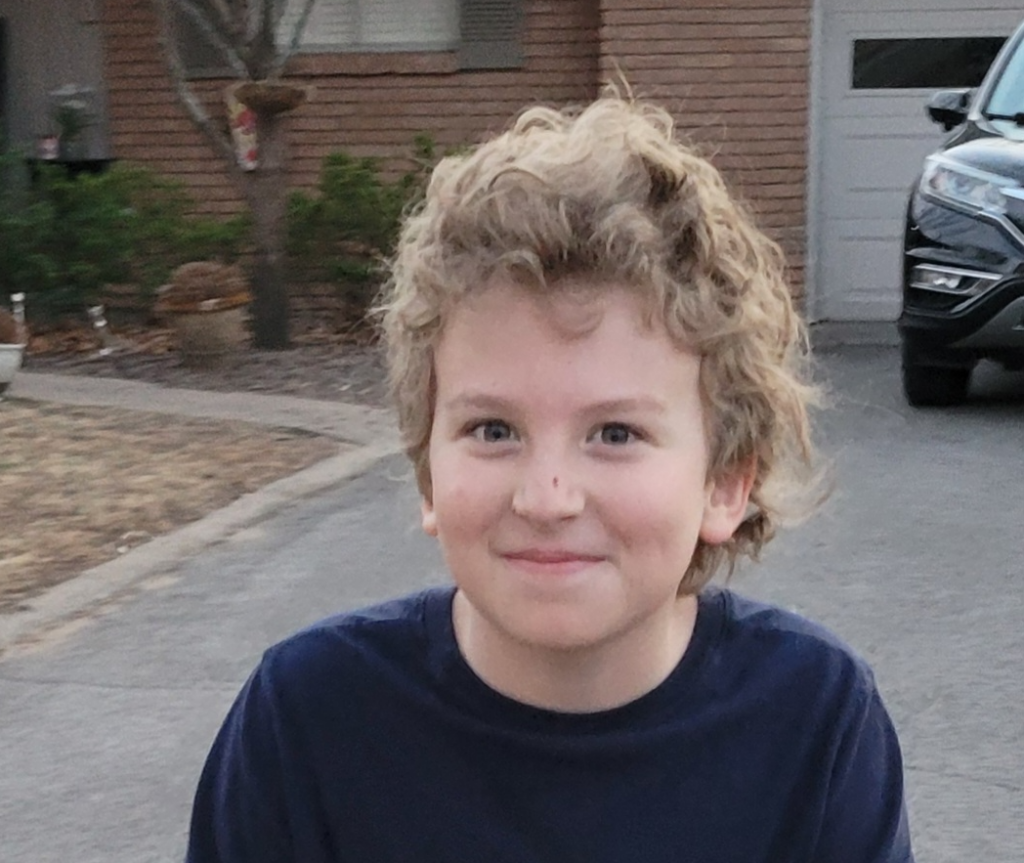

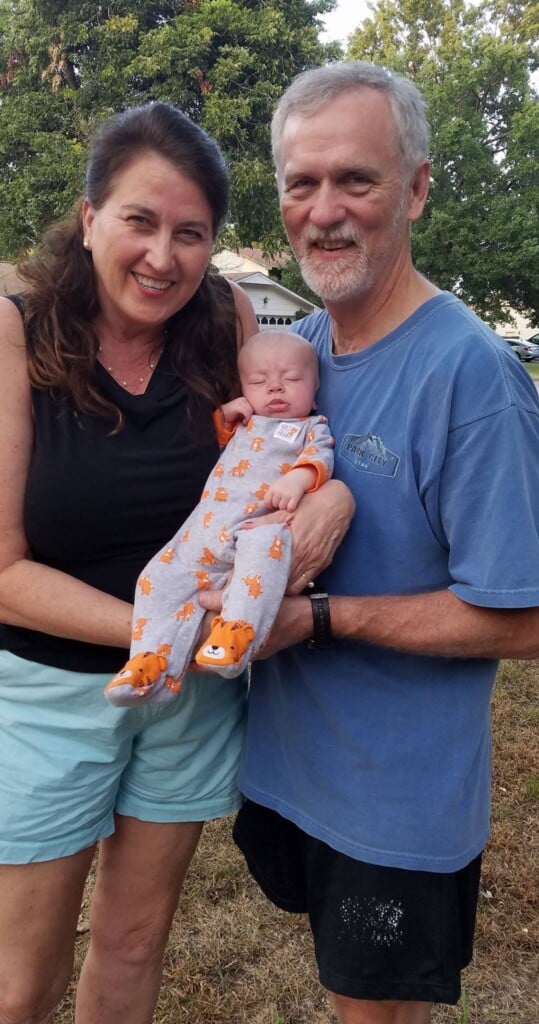
 Welcome to Grand Life, the TulsaKids blog that explores the wonderful adventures of grandparenting! Join me and my grandchildren as we explore interesting activities and visit family friendly sites in Tulsa. This blog shares the joys and challenges of grandparenting as well as the various roles grandparents play in their grandchildren’s lives.
Welcome to Grand Life, the TulsaKids blog that explores the wonderful adventures of grandparenting! Join me and my grandchildren as we explore interesting activities and visit family friendly sites in Tulsa. This blog shares the joys and challenges of grandparenting as well as the various roles grandparents play in their grandchildren’s lives.


